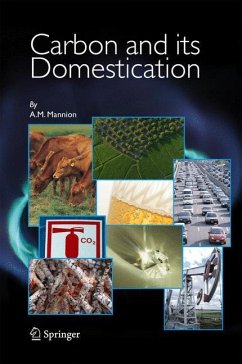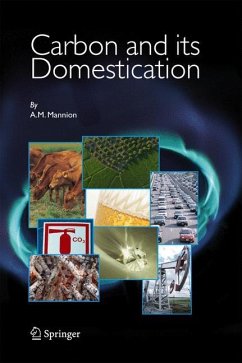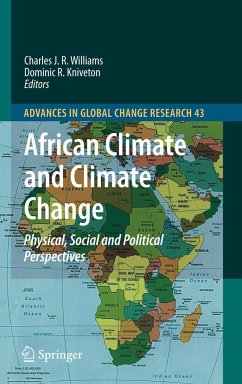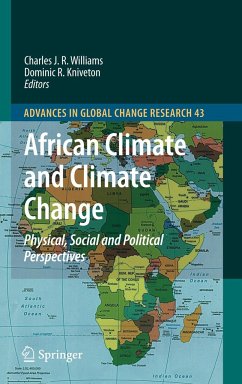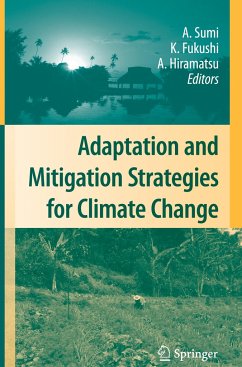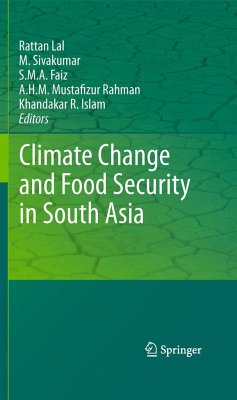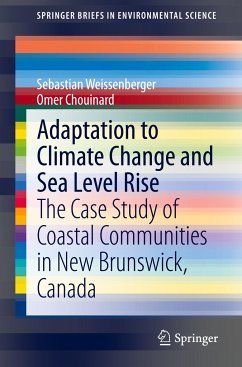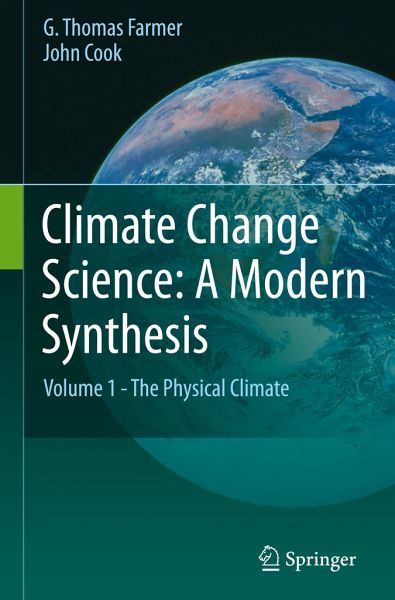
Climate Change Science: A Modern Synthesis
Volume 1 - The Physical Climate
Versandkostenfrei!
Versandfertig in 6-10 Tagen
100,99 €
inkl. MwSt.
Weitere Ausgaben:

PAYBACK Punkte
50 °P sammeln!
An introduction to the principles of climate change science with an emphasis on the empirical evidence for climate change and a warming world. Additional readings are given at the end of each chapter. A list of "Things to Know" opens each chapter. Chapters are arranged so that the student is first introduced to the scientific method(s), examples of the use of the scientific method from other sciences drawn from the history of science with an emphasis on climate science. Climate science is treated in each chapter based on the premise of global warming. Chapter treatments on the atmosphere. bios...
An introduction to the principles of climate change science with an emphasis on the empirical evidence for climate change and a warming world. Additional readings are given at the end of each chapter. A list of "Things to Know" opens each chapter. Chapters are arranged so that the student is first introduced to the scientific method(s), examples of the use of the scientific method from other sciences drawn from the history of science with an emphasis on climate science. Climate science is treated in each chapter based on the premise of global warming. Chapter treatments on the atmosphere. biosphere, geosphere, hydrosphere, and anthroposphere and their inter-relationships are given.






